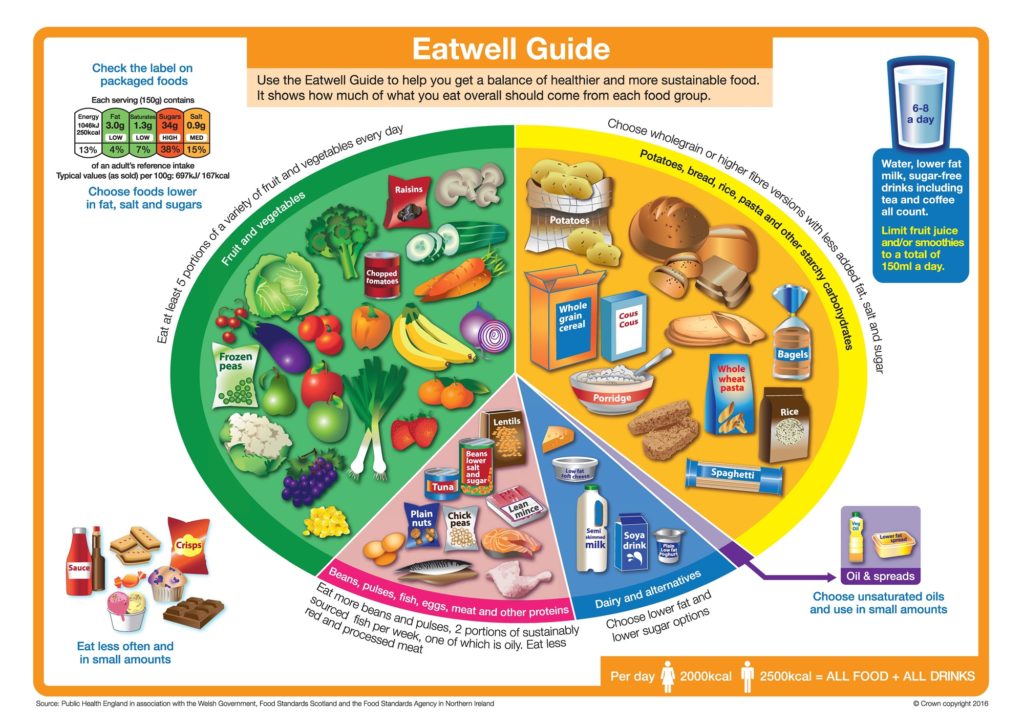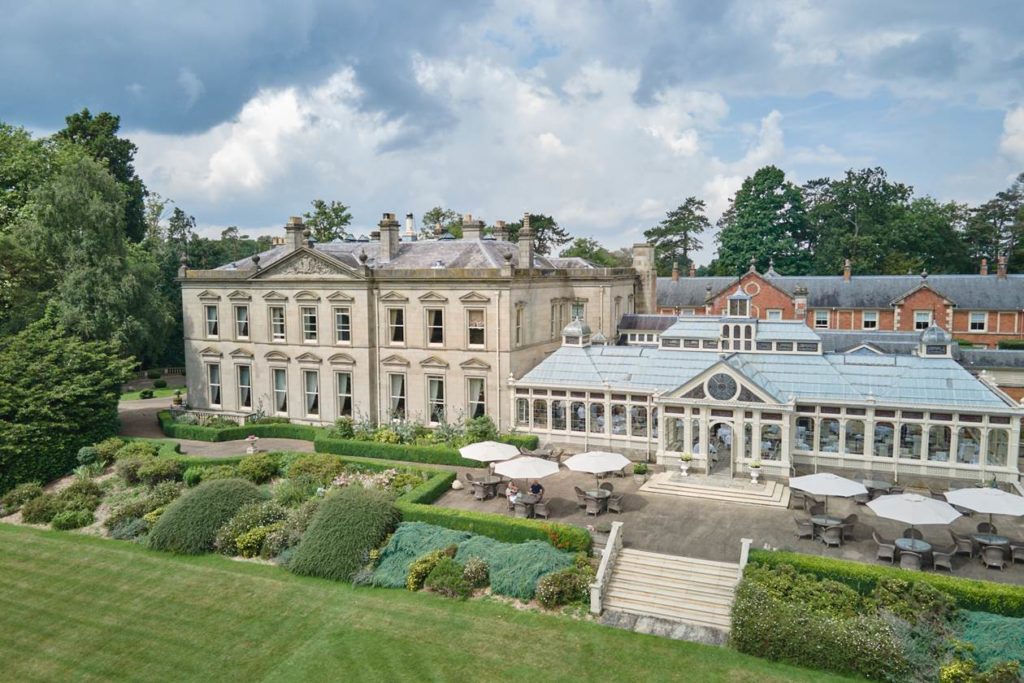In my addendum to my blog post “Is There A God?” I set myself up for the challenge of responding to two works titled “Why I Am Not A Christian” by philosophers Bertrand Russell and Richard Carrier. I have now acquired both as audio books from Audible, but have only listened to Richard Carrier’s so far. These are my comments on his work. I shall respond to Bertrand Russell later. Bear in mind that these are books and my comments are limited to a blog post, so I can only address the main points.
The full title of Carrier’s book is “Why I An Not A Christian: Four Conclusive Reasons To Reject The Faith“. Obviously not conclusive in that they didn’t shake my faith, though it is reasonably well argued, but in the case of the audio version, not very nicely read by Carrier himself.
His four “conclusive” reasons are:
- God’s silence,
- God’s inaction,
- The lack of evidence, and
- The way the universe looks exactly like a godless universe would, and not at all like a Christian universe would, even down to its very structure.
Basic problems are that he is arguing from the wrong premise and so, in my opinion, reaching the wrong conclusion. As any scientist and philosopher will tell you, if you start with the wrong assumptions, you will reach the wrong conclusions. Carrier frequently uses the phrase “Christian God” but I shall call him God for the sake of brevity.
God’s Silence
His first mistake is to base his argument on the description of God by C.S.Lewis in his book Basic Christianity. He really ought to go back to the source, the Holy Bible. To argue that God is not like a man’s description is meaningless.
His second mistake is thinking that God should act the way he thinks God should act if he matches C.S.Lewis’ description. So that is adding his thoughts and interpretations on top of C.S.Lewis’ thoughts and interpretations.
His basic argument is that God does not exist because he does not clearly tell everyone in no uncertain terms what they need to do for their salvation, and leaving it up to them whether they take notice or ignore it. Instead he says that we are bombarded with a plethora of confused and contradictory messages from mere humans rather than the truth directly from God unambiguously so that everyone could agree what the message was.
That kind of ignores that God has already spoken to us unambiguously and in no uncertain terms in the Holy Bible. Namely “Love the Lord your God with all your heart and with all your soul and with all your strength and with all your mind”; and, “Love your neighbour as yourself”. As Jesus said “Do this and you will live”. (Luke 10 v.27-8)
Carrier makes the point that chemists agree on the fundamental facts of chemistry, doctors agree on the fundamental facts of medicine and engineers agree on the fundamental facts of engineering, but mistakenly says that people are confused about the facts of salvation. But there they are in black and white for all to read. What more does he want?
Carrier makes the point that believers of all religions claim to be hearing the word of God and that they are hearing different messages. So he concludes that if God is telling people different things, then he really isn’t telling them anything and the reality is that there is no God and they are just hearing their “inner voice”. That is a difficult statement for me to refute because, as a Christian, I do not know what people of other religions are hearing, if anything. I have read most of the Qur’an and it left me unmoved and I have also read “I Dared To Call Him Father” by Bilquis Sheik, a Pakistani Muslim woman who converted to Christianity, against all the odds. That book left me in no doubt that God talked to her through his Holy Spirit. I don’t say that Christianity is the only way to salvation and that everyone who is not a Christian will die, because that is not what the Bible says. Refer to what Jesus said above.
Digression
A lot of Carrier’s argument is based on what he thinks God could or should do, or what he would do if he had God’s power.
For example, he says that God does not behave as a father should in not giving his children guidance as soon as they go astray. But they have that guidance any time they want in the Holy Bible, which also assures them of God’s love. Just as a parent cannot speak to their child if that child completely rejects them and moves away, so God says little or nothing to those who reject him. But, like a parent, he is always there if the child comes back. See the Parable of the Lost Son as an example (Luke 15 v.11-32)
Another thing is that we cannot fully know God’s mind. We only get glimpses. However, there is reason to believe that he is taking a relatively “hands-off” approach to his creation. As an example see The Parable of the Tenants, Matthew 21 v. 33-41. Very briefly a landowner (God) creates a vineyard and lets it out to tenants (us) to manage while he goes off elsewhere. He sends them his servants (prophets) whom they beat or kill, and he finally sends his son (Jesus) and they kill him too. The implications then are that there will be a day of reckoning.
That is not to say that God has deserted those that love him, but only to say that he does not intervene in every single thing that is wrong with the world. And everything that is wrong is man-made and the price of having free-will. We have guides as to how to use that free-will, but we have abused it. And we are paying the price. I don’t want to get into the realm of politics, but would say that there seems to be an increasing expectation, world-wide, that governments will pick up the pieces of people’s mistakes. Carrier expects God to do the same. Whereas Christianity is about our personal responsibility towards God and towards our neighbour.
Digression over, back to Carrier:
God’s Inaction
So Carrier’s expectation is that God would cure all the world’s ills. He would eliminate all disease, would eliminate all weapons, would eliminate poverty, would provide enough for everybody. He sees that as what any “good” God would do, and so he takes the fact God doesn’t as evidence that God does not exist.
It is a good point of course, but an equally good point is that if we all turned to God the Father, Son and Holy Spirit, then all these things would be done. By us. The choice is ours. Who are we to say that God is not good or does not exist because he does not save us from the consequences of our actions? He has given us the solution. What more does Carrier want? Spoon-feeding?
The Lack Of Evidence
Carrier says that there is a lack of evidence that God exists. Christians believe that there is evidence, but much of it is personal experience. Things in our own lives and the lives of others convince us that God indeed is, but we are well aware that does not meet the standards of scientific proof.
But then Carrier’s arguments for the non-existence of God do not meet the standards of scientific proof either. His conclusions (and his book contains many of them) that God does not exist are defective.
Carrier also makes the point that there is no evidence that faith in Jesus leads to eternal life. There isn’t, but so what? Christianity is so good for us and for the world in this life, that the next life is not really an issue. Christianity is so full of joy and freedom, and comfort when we need it, that eternal life is not really a a factor in our Christianity. It is a lovely promise, but definitely not something we need to prove.
Jesus kind of makes it clear that we are not going to get any proof. He is repeatedly asked for a sign from Heaven and he repeatedly refuses. When Thomas was told of Jesus’ resurrection, he doubted its truth, saying he needed to see for himself. Later when Jesus appeared to Thomas, he said to him: ‘Put your finger here; see my hands. Reach out your hand and put it into my side. Stop doubting and believe’. Thomas said to him, ‘My Lord and my God!’. Then Jesus replied, ‘Because you have seen me, you have believed; blessed are those who have not seen and yet have believed.’ (John 20 v.27-9)
Wrong Universe
Carrier claims that the universe is exactly like a godless universe would look and not at all like a Christian universe would look. He makes the good point that with so many suns and planets in the universe, there is bound to be one conducive to life and that life will evolve as we know it can. But so what?
This again is Carrier playing God and saying that if there were a God, he would do it differently. It is really a rubbish argument to say that God would do it differently, therefore he doesn’t exist.
Conclusion
Carrier’s conclusion is quite interesting.
He repeats his four reasons as proving “conclusively” that Christianity is false and that there is no God. He claims that Christianity makes numerous failed predictions, which is not true. Christians may make predictions that are wrong, but that does not mean that Christianity makes failed predictions. The other failed predictions he refers to are what he thinks Christianity predicts, e.g. a different universe, so not surprising they are failed predictions. There is not much value in making things up so that you can trash them.
Interesting though that he continues with the question “So what do we believe?”, which he answers in another of his books “Sense And Goodness Without God”. I certainly will not buy it, but will read it if the opportunity arises. He summarises that book as since this world isn’t the way we want it to be, we have to make it the way we want it to be. Scary! He goes on to say good things like we need to create justice, care for each other, we have to find and give and receive love for each other etc.
But who says we have to do that? It is just his opinion of what a nice world would be. Hitler had another view of what a nice world would be. Who is right – Hitler or Carrier? It is purely subjective. You could argue that in Hitler’s world, there wouldn’t be a problem with over-population and there wouldn’t be any racial strife. Certainly Carrier’s view is closer to the Christian view, but if Christianity is false, as he would have us believe, what evidence is there that this is the right view?
And how is Carrier going to bring about this world that he says we “have to” try to bring about? Politics? I think there is enough failed politics around the world, including in Carrier’s home country, to know that that won’t work. World Government? That’s an even scarier idea with all the problems of the European Union on a larger scale.
I’ve got a better idea! Let’s do what we can to promote real Christianity, where people take personal responsibility for being and doing better. And where we have an objective standard of good and bad.
Here’s another idea for Carrier to make the world better. Stop going on about Christians and just leave us to our faith. He is not going to convert us and we are not going to convert him, so there really is not much point.






